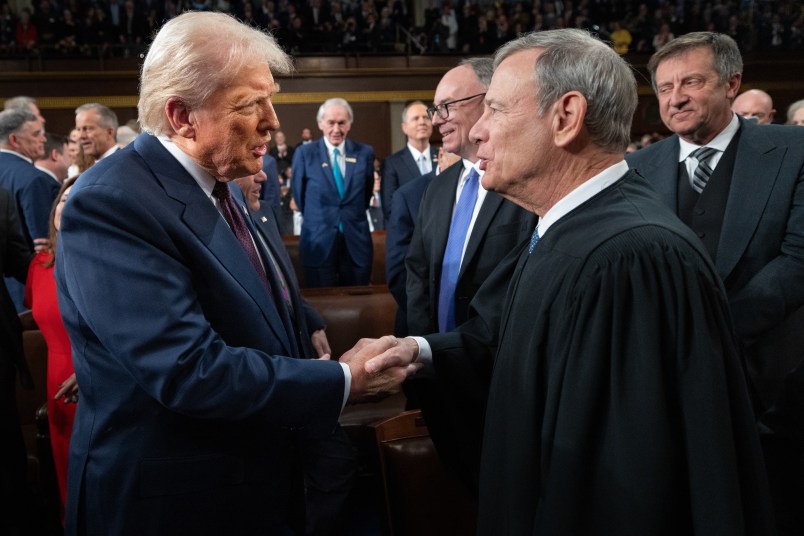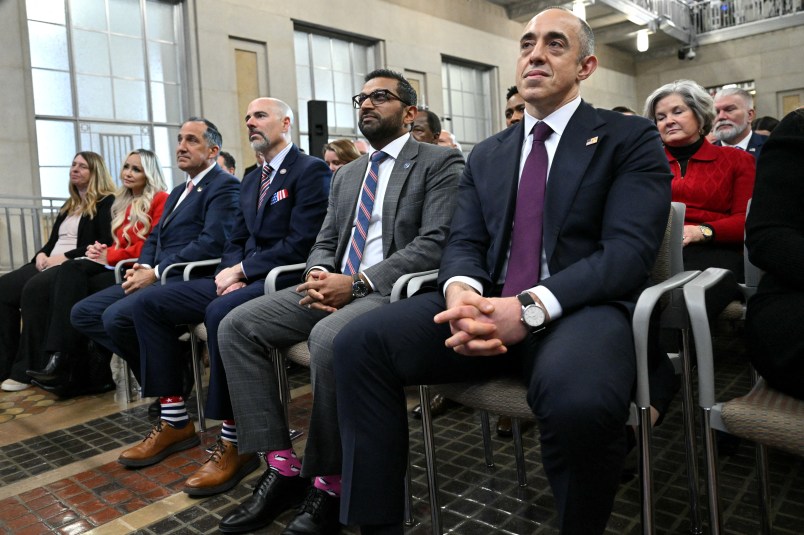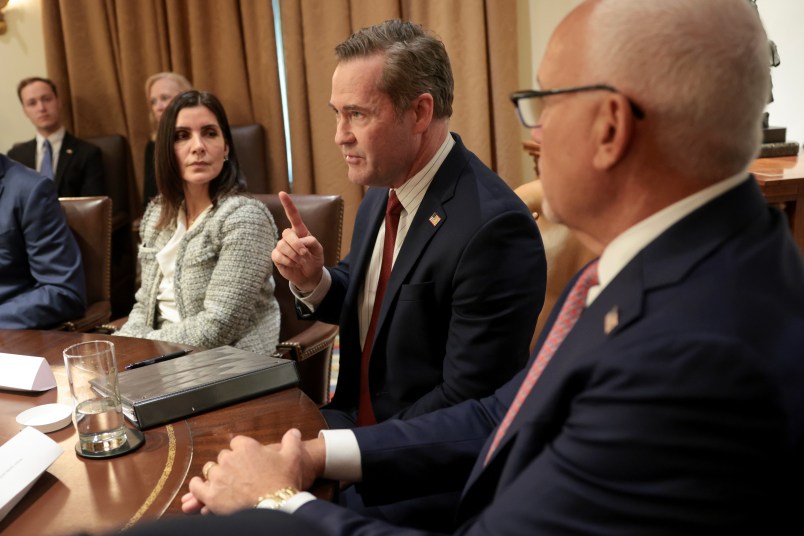Now Reading: Trump Allies Sue John Roberts To Give White House Control Of Court System
-
01
Trump Allies Sue John Roberts To Give White House Control Of Court System
Trump Allies Sue John Roberts To Give White House Control Of Court System

Supporters of President Trump are requesting a judge to grant the White House significant influence over the federal court system. In a recent lawsuit filed by the America First Legal Foundation, the group sued Chief Justice John Roberts and the head of the Administrative Office of U.S. Courts. While the lawsuit appears to be a Freedom of Information Act (FOIA) case seeking access to judiciary records, it actually aims to transfer substantial power to the White House. The lawsuit argues that the bodies responsible for court policy and daily operations of the judiciary should be considered independent agencies of the executive branch. This move would allow the President, under conservative legal theories, to appoint and dismiss individuals in key roles within the court system.
Legal scholars and attorneys who were consulted expressed a mix of dismay, disdain, and amusement towards the lawsuit. They noted that while the core legal argument is flawed, the suit is part of an ongoing effort by the administration to challenge the courts. This includes actions like ignoring Supreme Court orders and attempting to exert influence over the judiciary through various means.
The lawsuit filed by the America First Legal Foundation in April seeks to establish that the Judicial Conference and Administrative Office of U.S. Courts are subject to the FOIA as independent executive branch agencies. This move, if successful, could have significant implications for judicial independence and the balance of power between the branches of government.
Legal experts view the lawsuit as an extreme attempt to expand presidential power over the judiciary, potentially undermining the independence of the courts. Some find the claims made in the lawsuit to be outlandish and unlikely to succeed in court. Despite the provocative nature of the lawsuit, legal analysts believe it is more of a symbolic gesture than a serious legal challenge.
As of now, lawyers for Chief Justice Roberts and the U.S. Courts director have not responded to the lawsuit. The Department of Justice has not commented on the case, and the Supreme Court has also not provided any statements. Despite the controversial nature of the lawsuit, experts believe that it is unlikely to be successful in reshaping the relationship between the executive branch and the judiciary.






